Why Study Criminal Justice?
Criminal Justice and the protection of our nation’s critical infrastructure are fast-growing fields. The associate degree in Criminal Justice provides instruction in the area of law enforcement, allowing the student to understand the workings of the criminal justice system.
An Associate of Science (AS) degree provides a solid foundation for those who plan to transfer to a four-year college.
School of Business and Professional Studies
Degree Tracks & Course Sequence
Associate of Science (AS): Criminal Justice
Criminal Justice – The criminal justice system consists of police departments, the courts system and departments of corrections, and offers employment opportunities at the local, state and federal levels of government as well as private/nonprofit settings. The associate’s degree in Criminal Justice prepares graduates for entry-level careers in law enforcement, corrections and court supportive services. In therapeutic environments, there are positions as victim/witness advocates, counselors and youth specialists. Many opportunities also exist in corporate security and retail security operations.
Real World Ready
Listening to workforce needs
Graduates of Rockland Community College are provided with a clear path to meaningful careers that meet the needs of businesses and industry in the communities we serve. Our students are trained in specific skills that are needed by employers, and guided through a career path that leads directly to workforce opportunities. With affordable tuition, students who begin their college careers at RCC are ready to meet the demands of the real world.
Free Career Exploration Assessment [ACCESS CODE: pathways]
Student Success
At Rockland Community College, you are provided with a Student Success Team that will help you with your academic journey, career exploration, transfer planning, support service referrals, and more! Your Team includes your Dean, Program Director, Faculty Advisor, Student Success Advisor, Connection Center Counselor, Financial Aid Advisor, Peer Mentors, and if you’re involved in any of these special programs, your Athletics, Honors, TRiO, and Veterans Advisors. During your first semester, you will take an ‘Introduction to the School’ course that will outline the various College offices and departments that can help you on your path.
Career Outlook
Students who complete this degree program may find positions in the private sector with business corporations and security firms, as well as many government agencies such as the Department of Homeland Security and the Federal Emergency Management Agency (FEMA).
Job Roles
Security Officer, Criminal investigator, Security Specialist, Case Manager, Investigator, Detective, and Intake Specialist
Industries
Department of Homeland Security, Government, Private Security, Justice Agencies, Correctional Facilities, Attorney Offices, and Higher Education
Careers
Police Officers
Detective and Criminal Investigator
Employment and wage data by occupation are based on the Occupational Employment Statistics (OES) survey, which collects information from approximately 51,000 businesses. labor.ny.gov
Alumni Spotlight
Get Started Today
Rockland Community College, State University of New York, offers a safe, supportive learning environment for thousands of students from diverse backgrounds. RCC has become the “first choice” for parents and students. Thanks to our affordable tuition, students can save $100,000 on a college education by starting at RCC and transferring to outstanding four-year colleges.

